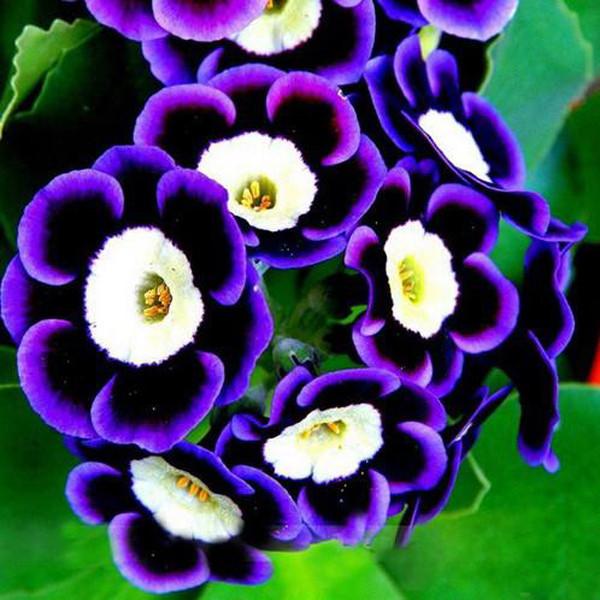- Historical context: Petunias are native to South America and were discovered by James Tweedie, a Scottish botanist, in the early 19th century. The 'Black Purple Scarce Rare Phantom' is a hybrid variety developed through selective breeding.
- Geographical origination: The original Petunia species are native to South America, specifically Argentina and Uruguay.
- Relevant cultural significance: Petunias are popular ornamental plants and are often used in gardening and landscaping for their vibrant colors and pleasant scent.
- Time period of discovery: The original Petunia species were discovered in the early 19th century.
- Original habitat: Petunias are native to temperate and subtropical regions of South America.
- Notable historical uses: Historically, petunias have been used for their ornamental value in gardens and landscapes.
- Ideal temperature range: Petunias prefer a temperature range of 60-80°F (15-27°C).
- Soil type: Petunias thrive in well-drained, moderately fertile soil with a pH of 6.0 to 7.0.
- Sunlight requirements: Petunias require full sun for at least six hours per day.
- Watering needs: Water petunias regularly, but allow the soil to dry out between waterings to prevent waterlogging.
- Planting season: Petunias are typically planted in the spring after the risk of frost has passed.
- Germination time: Petunia seeds typically germinate within 10-14 days.
- Growth cycle duration: Petunias have a growth cycle of 3-4 months.
- Common pests and diseases: Common pests include aphids, slugs, and snails. Diseases include root rot, gray mold, and leaf spot.
- Companion planting advice: Petunias pair well with other sun-loving plants like marigolds, geraniums, and zinnias.
- Common challenges and solutions: Overwatering can lead to root rot. Ensure the soil is well-draining and allow it to dry out between waterings.
- Nutritional values: Petunias are not typically consumed and therefore do not have notable nutritional value.
- Health benefits: While not typically used for their health benefits, some species of petunias have been used in traditional medicine for their antiseptic properties.
- Culinary uses: Petunias are not typically used in cooking.
- Medicinal uses: Some species of petunias have been used in traditional medicine for their antiseptic properties.
- Other unique advantages: The 'Black Purple Scarce Rare Phantom' petunia is particularly prized for its unique, deep purple-black flowers, which add a striking touch to any garden or landscape.




